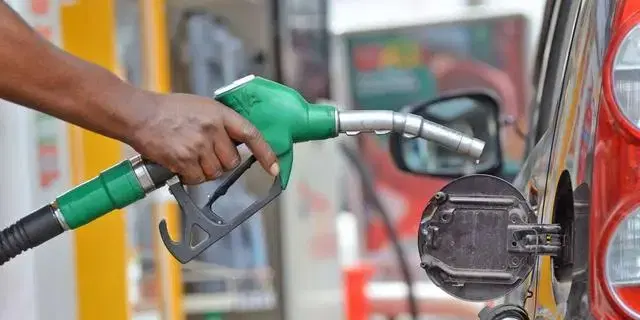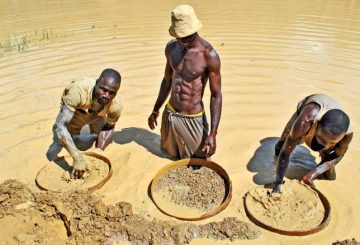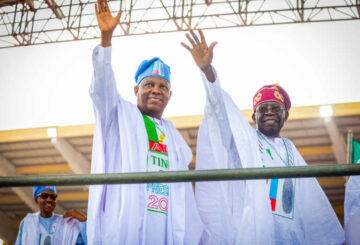Over the past three months, the landing cost of Premium Motor Spirit (PMS), commonly known as petrol, in Nigeria has dropped by 20.34%, reaching N971.57 per litre. This decline reflects some relief in global market fluctuations and supply chain improvements. In contrast, the retail price of petrol in Nigeria has surged significantly, increasing by N443, or 71.79%, from N617 per litre on August 1, 2024, to N1,060 per litre by November 8, 2024. This price hike has raised concerns despite the reduction in landing costs.
Data from the Major Energies Marketers Association reveals that in August, petrol was imported at N1,219 per litre, based on a Brent crude oil price of $80.72 per barrel and an exchange rate of N1,611 per dollar. At that time, petrol sold for N617 per litre. However, by November, the estimated landing cost dropped to N971.57 per litre with a lower crude price benchmark of $75.57 per barrel and an exchange rate of N1,665.84 per dollar. Petrol is now retailing at N1,060 at Nigerian National Petroleum Company Limited (NNPCL) stations and N1,180 at independent marketers’ stations.
Despite the falling landing costs, the retail price continues to climb, influenced by factors such as the deregulation of the fuel market, exchange rate volatility, rising inflation, and broader economic challenges. The Nigeria Labour Congress (NLC) has accused fuel marketers of inflating petrol prices, arguing that the current pump price is significantly higher than necessary. The NLC’s statement highlights the growing economic strain on Nigerians, calling for accountability from both marketers and the government to mitigate the impact of these price increases on citizens.





